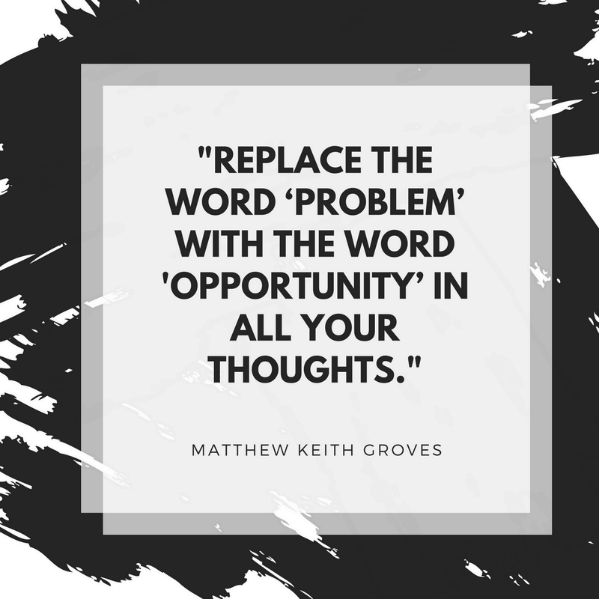Here are a few things that can help you get through this time as best as you can. Some things can and will work better for you than others, so it’s okay if something doesn’t work as intended at first.
Optimism is essentially, “looking at the bright side.” It may sound like a cliché, but it works! Take, for instance, working from home. Some people love it, but some don’t. If you don’t enjoy working from home, but you look at the bright side, maybe there have been some benefits for you? Maybe you’re able to sleep in more since you skip out on the commute. I know that in the rush of the morning, I’d usually forget to eat breakfast, and now, I’m able to do that much easier. On the flip side, if you’re distressed about going to work, you can look at the bright side also. Although there is a legitimate safety concern given the pandemic, being able to interact with others, walk around, and have a routine can be very comforting during these times.
I think the secret to optimism for me is to reframe things in your mind. Realistically, things aren’t amazing for most people right now. But, if we reframe our struggles as challenges, then we can look at it as an opportunity. The “challenge” of staying at home is an “opportunity” to spend time with your family, learn a skill, or even just relax! At the end of the day, how you look at things will have a direct effect on how you feel about things, so it’s best to look at things positively!
As I mentioned earlier, this is a shared crisis that the world is going through. That means that there are others out there who are feeling the same things that you are feeling. Connecting with them is a great way to feel at ease and understand that others are going through similar things as you, and while it may not exactly be a solution, it can be comforting. Your brain works best when it has people it can count on and interact with, and while COVID-19 has reduced those interactions, technology makes it so that we can still communicate with loved ones. ENGWellness currently hosts Sunday game nights, which you can join! But also, reach out to people from class! Even if you haven’t spoken to them in a while, chances are they would appreciate it too. It’s worth interacting with family, friends, peers, and those in your community, since it will let you know that you’re not alone in your suffering during this time.
Another cliché, yes, but it works! Regular, adequate exercise is a game changer! Going for a walk every day to clear your mind also serves the benefit of calming you down. Your mind and your body are connected in more ways than you may imagine, so keeping your body healthy is a way to keep your mind healthy as well. Another way of looking at exercise is that the stress we encounter when we challenge ourselves physically helps prepare us for the stress we will inevitably feel when we face life’s challenges. I’ve found exercise, whether it’s as simple as just going for a walk, to be the best way to clear my mind and improve mental resilience. Before COVID, I would go to the gym almost every day. I noticed that in the few months after the gyms shut down and I hadn’t gone for many walks, how important physical activity was to keep me feeling better and resilient!
Keeping your mind sharp is another way to keep it resilient to stress. This means growing your mind, learning new things, and changing up the way you do things. This can be something as simple as using your left hand to brush your teeth or something more challenging like learning a new language. This keeps your mind open and accustomed to challenges, which makes it easier to deal with the day-to-day struggles of life, as well as the new struggles that have come along with the pandemic. Find a challenge for your brain maybe every week and try it! You might find that your default reaction to a challenge is no longer nervousness but excitement!
This blog post is becoming a list of clichés! It is said that laughter is the best medicine, and again, this is true! Laughing and having fun with life makes things less serious and lets you step back and can help you look at things logically. Stepping back helps calm you down and makes you realize that in the grand scheme of things, things will probably be okay! Watch a funny YouTube video or watch some stand up on Netflix!
